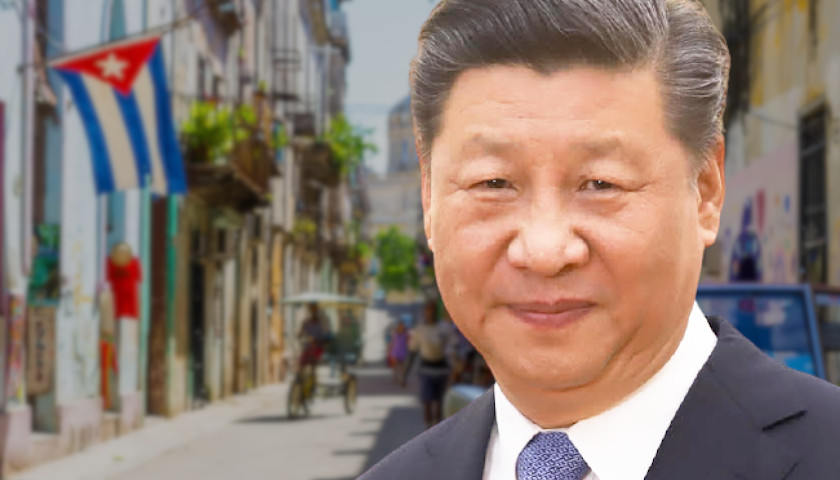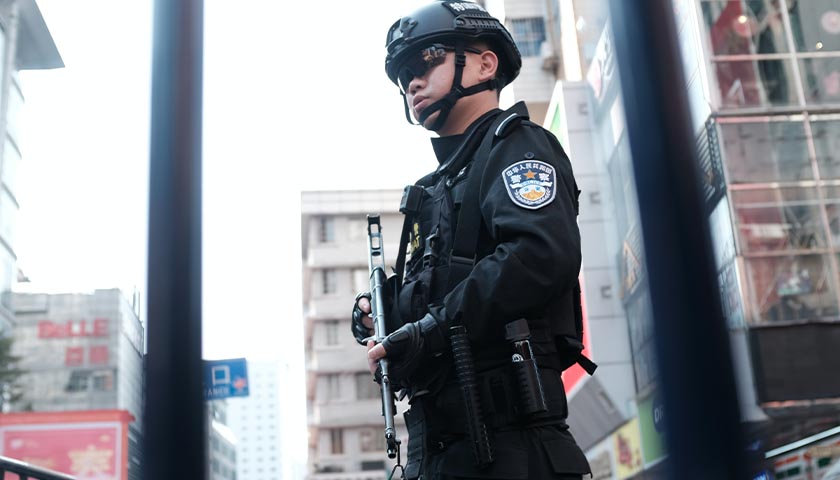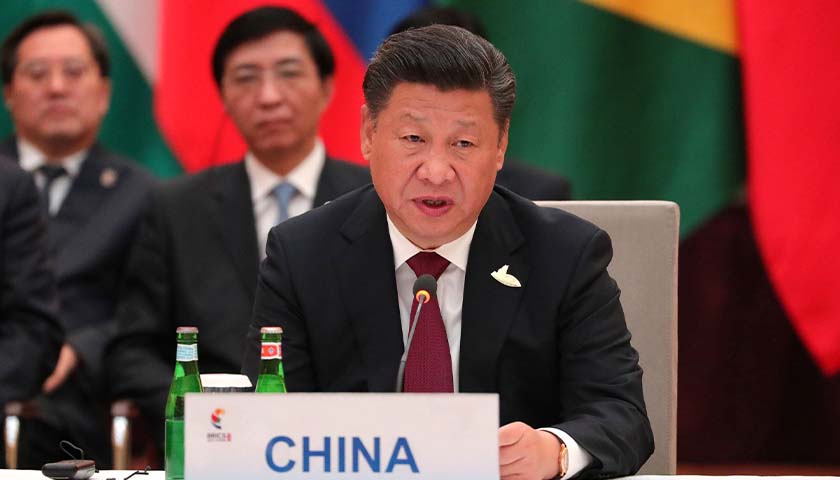It has been clear for some time that the People’s Republic of China (PRC) seeks to displace the United States not only as a regional but also as a global hegemonic power. Indeed, we are now in the midst of a new “cold war,” not unlike its predecessor that pitted the United States against the Soviet Union. In the service of its goals, Beijing has pursued a coherent grand strategy. Although China seems to be effectively executing its grand strategy, its success is not foreordained. But countering it must be the strategic priority of the United States.
“Strategy” describes the employment of limited means to achieve the goals of national policy. In general, strategy provides a conceptual link between national ends and scarce resources, both the transformation of those resources into means during peacetime and the application of those means during war.
In the words of Edward Mead Earle:
strategy is the art of controlling and utilizing the resources of a nation—or a coalition of nations—including its armed forces, to the end that its vital interests shall be effectively promoted and secured against enemies, actual, potential, or merely presumed. The highest type of strategy—sometimes called grand strategy—is that which so integrates the policies and armaments of the nation that resort to war is either rendered unnecessary or is undertaken with the maximum chance of victory. (emphasis added)
Read More











